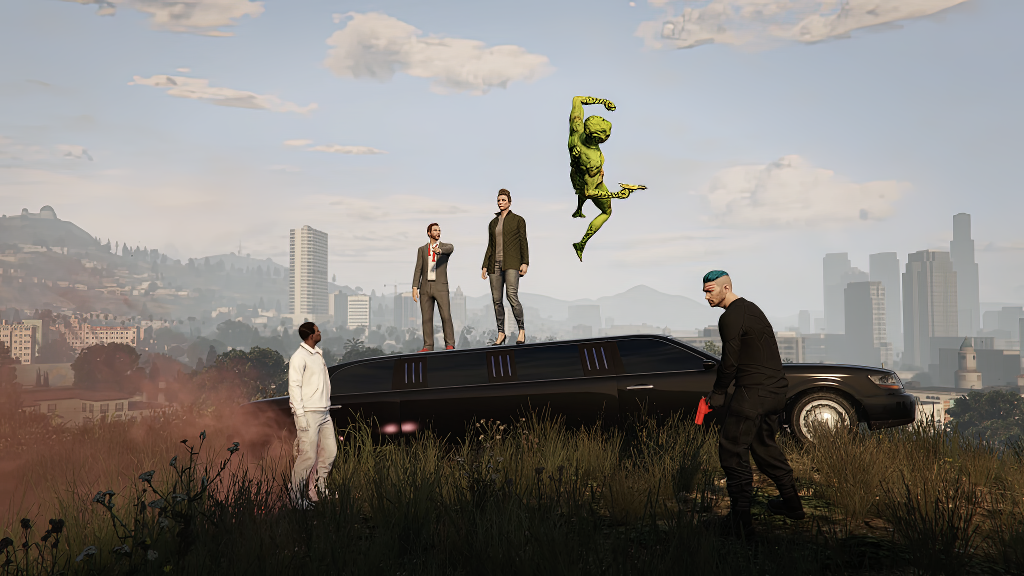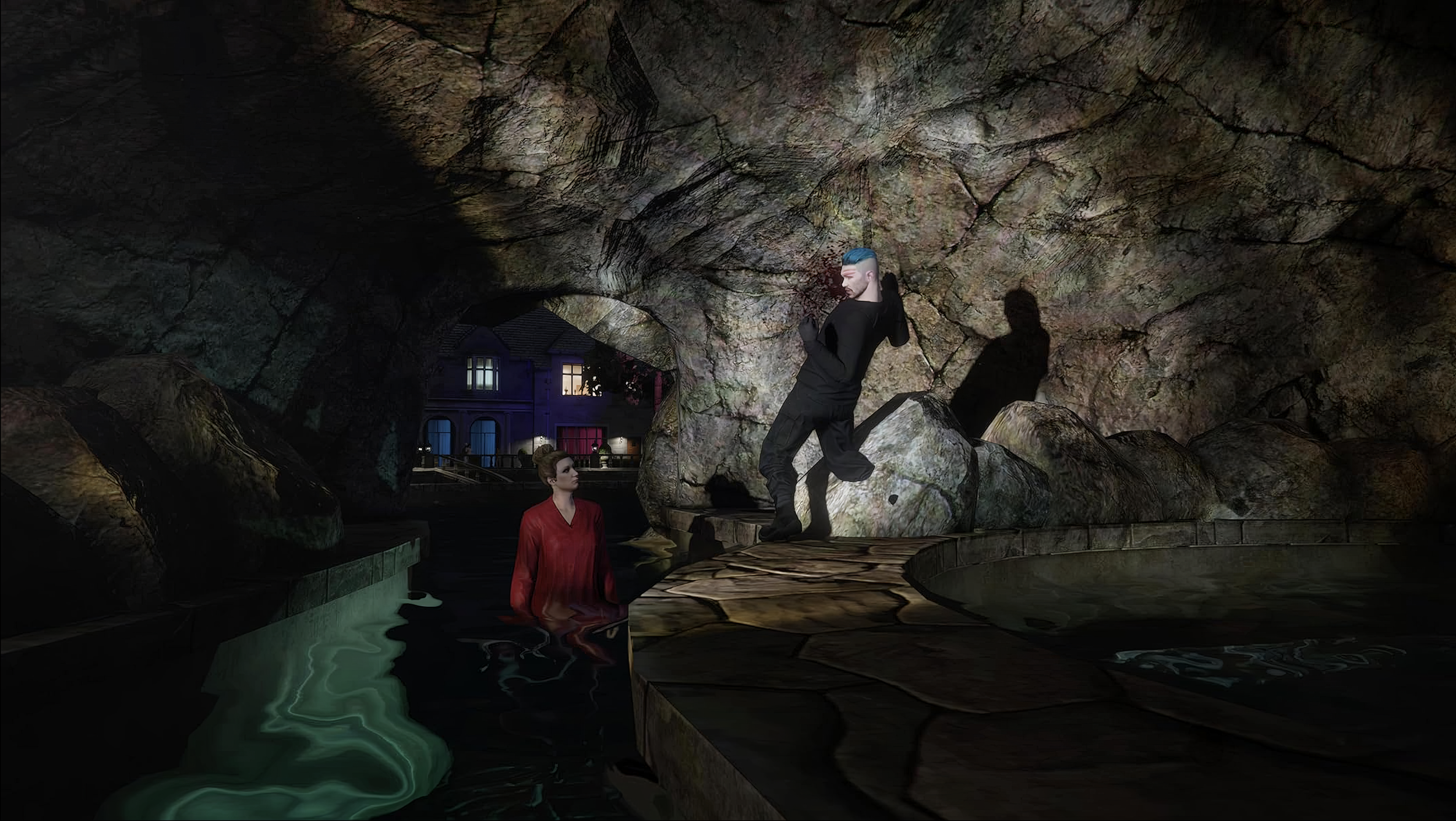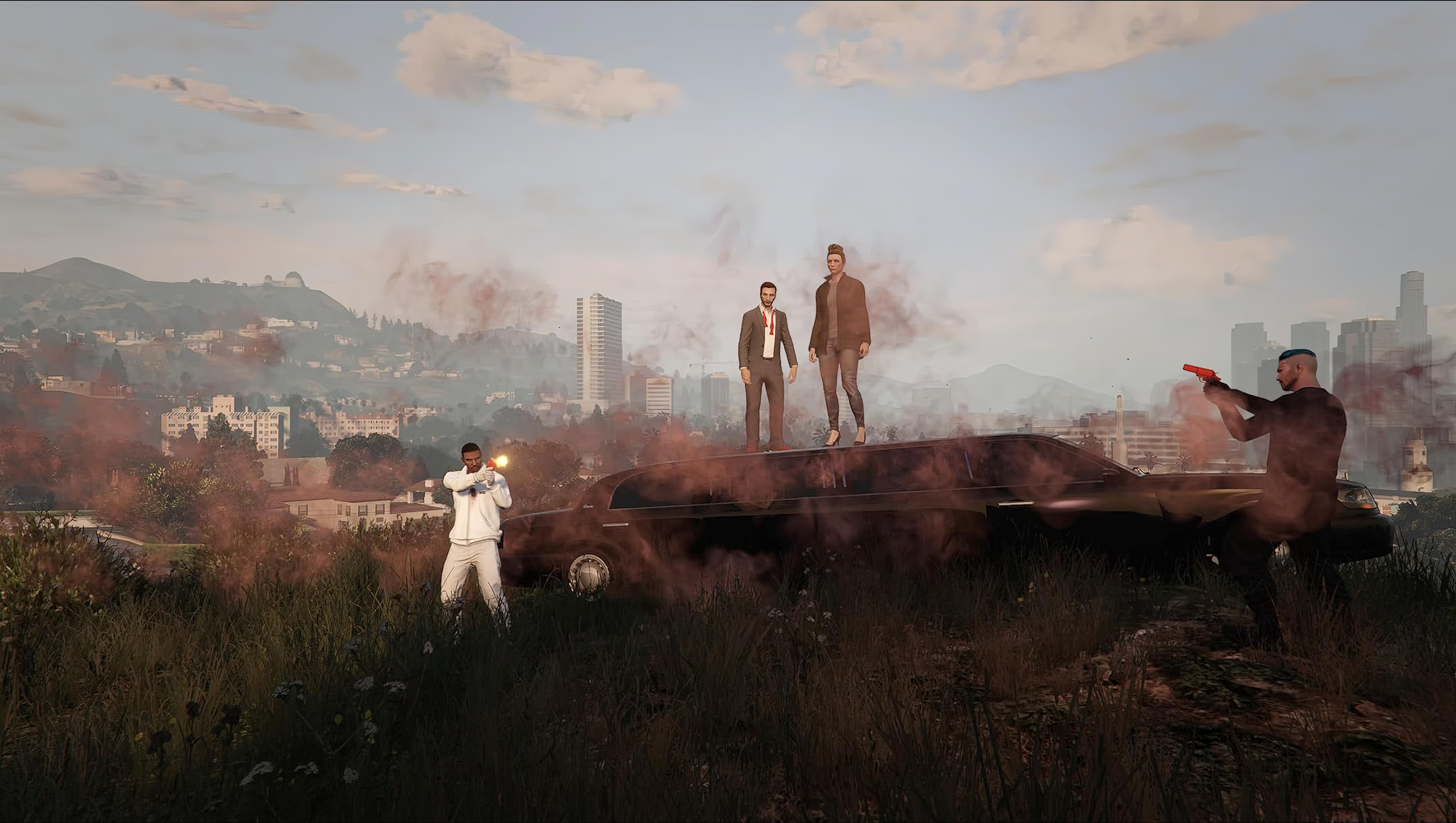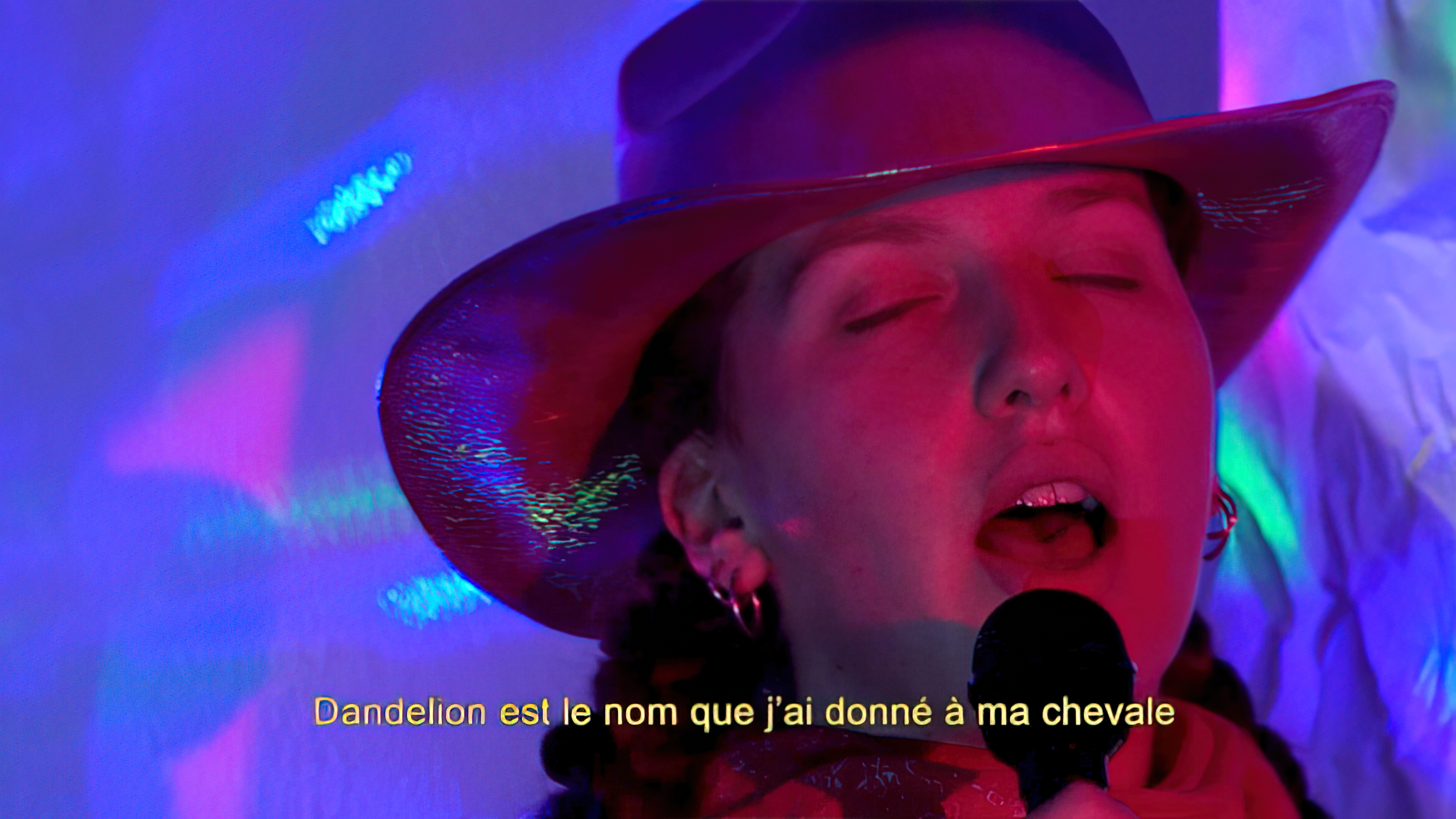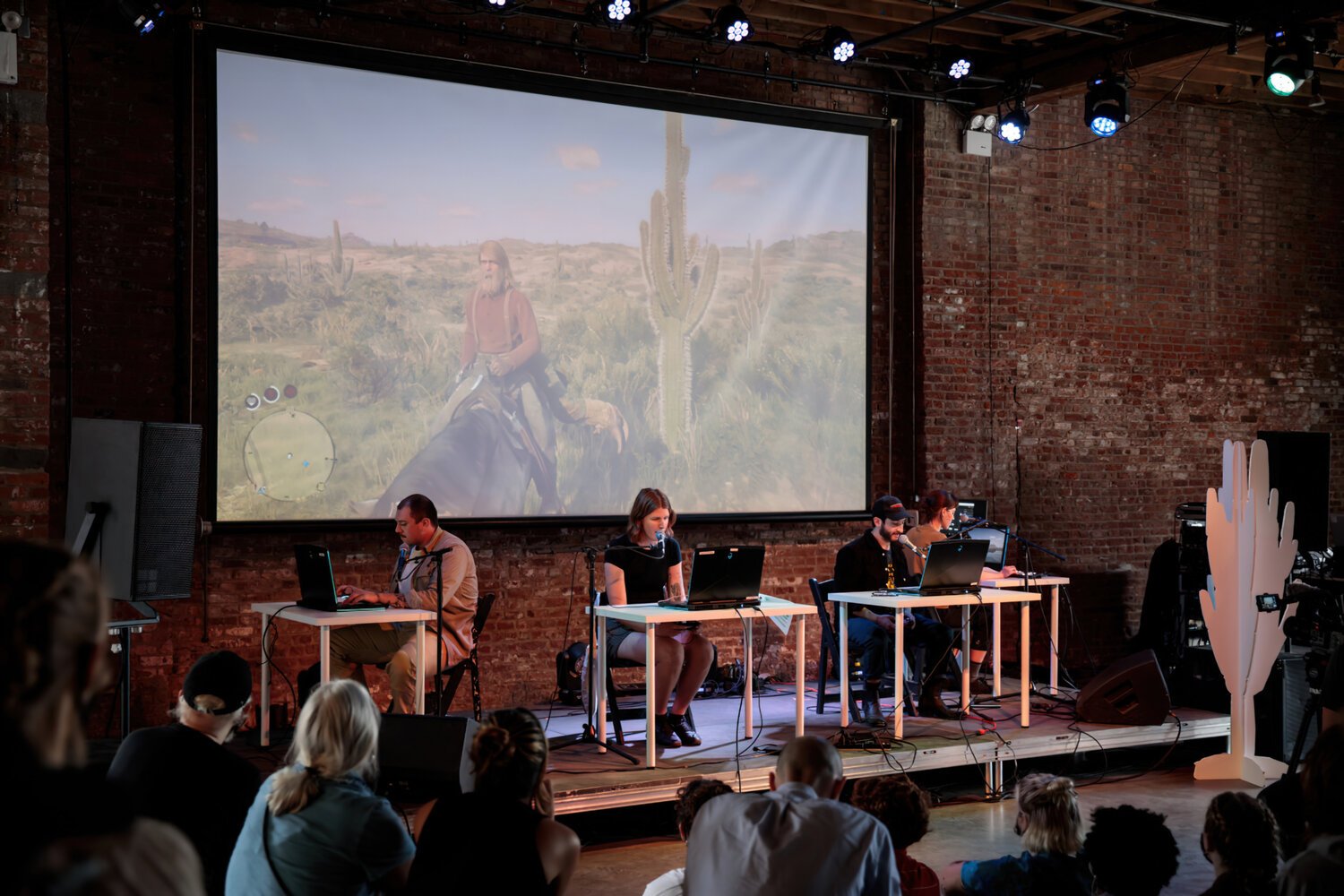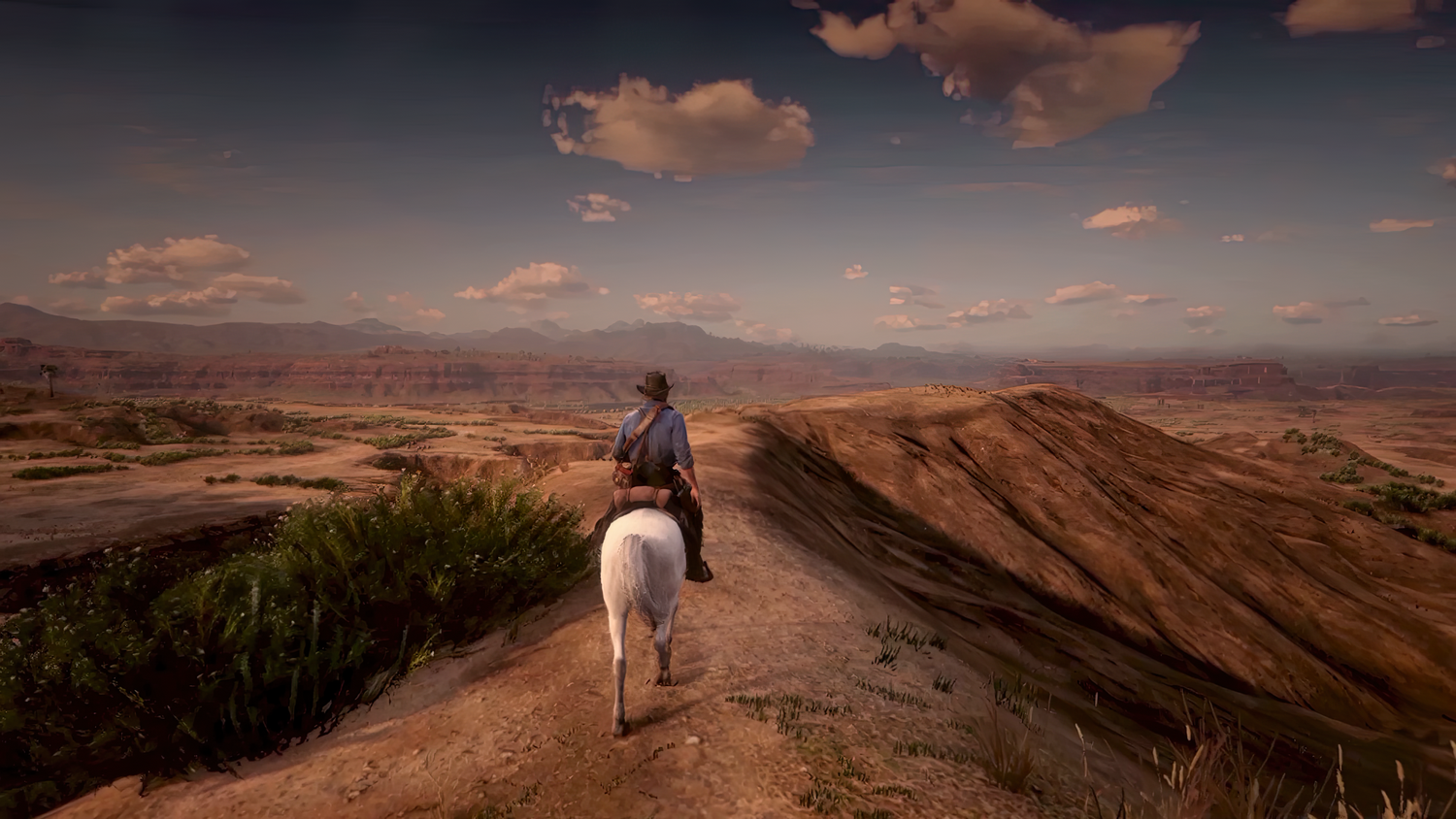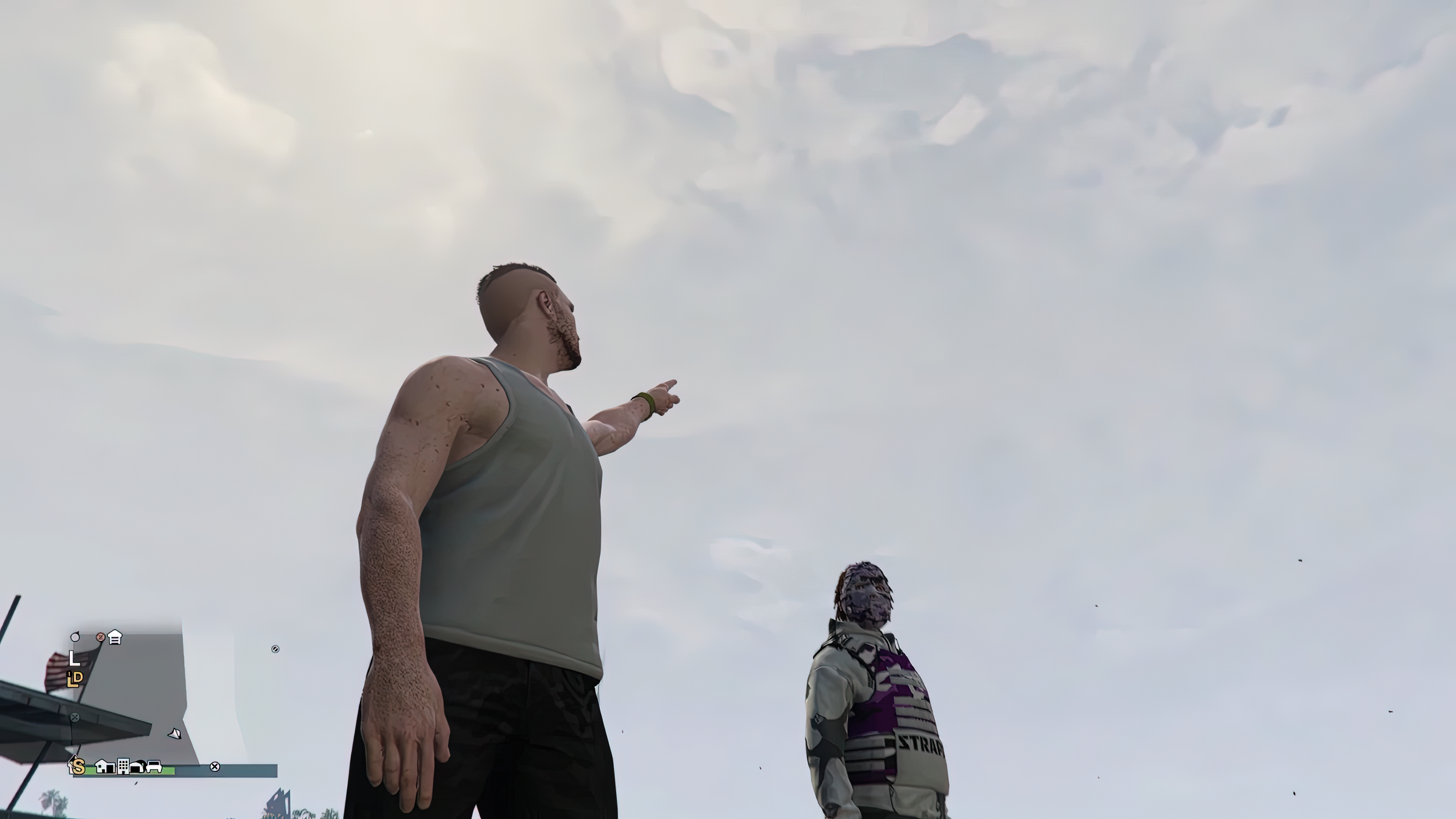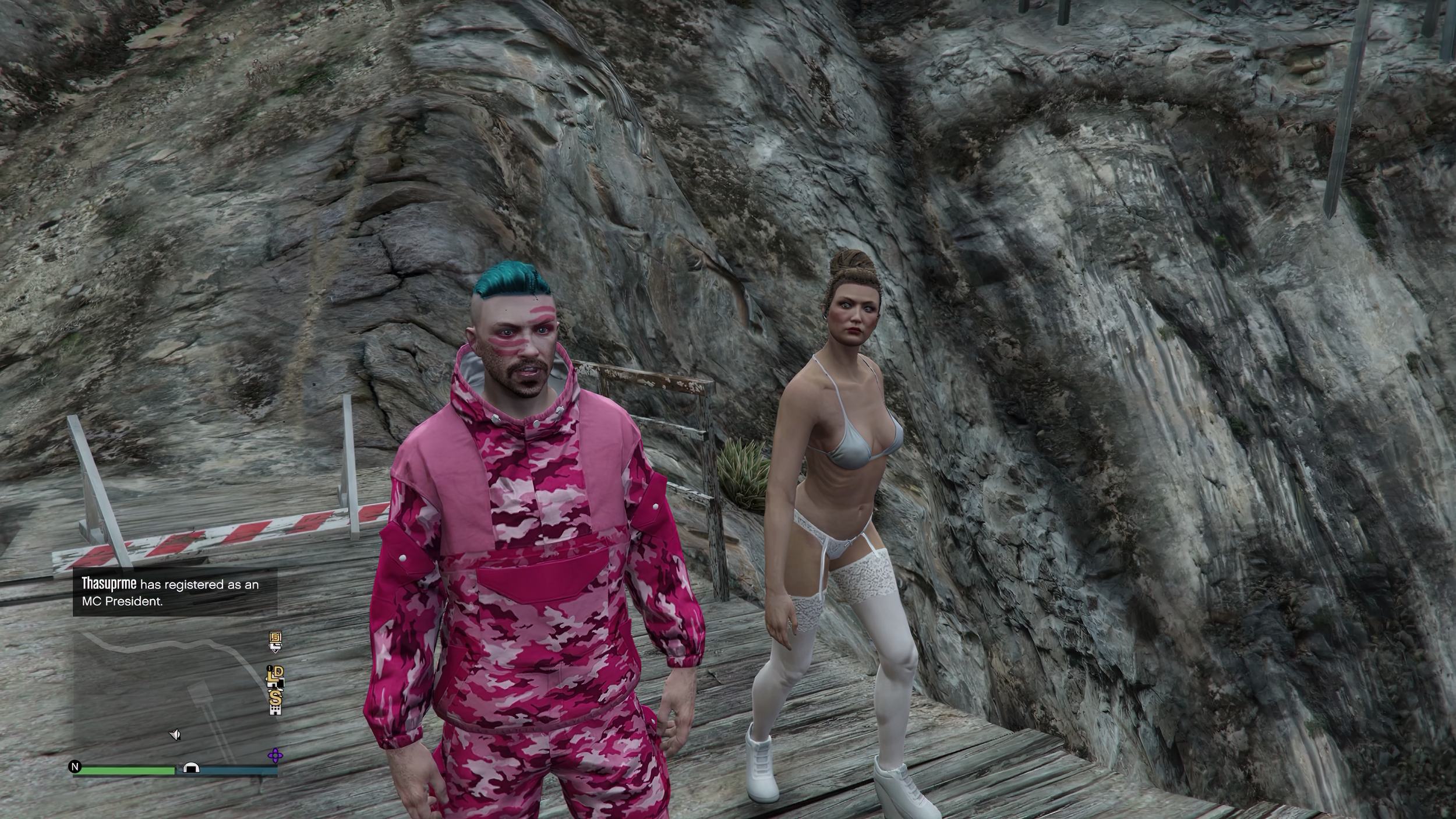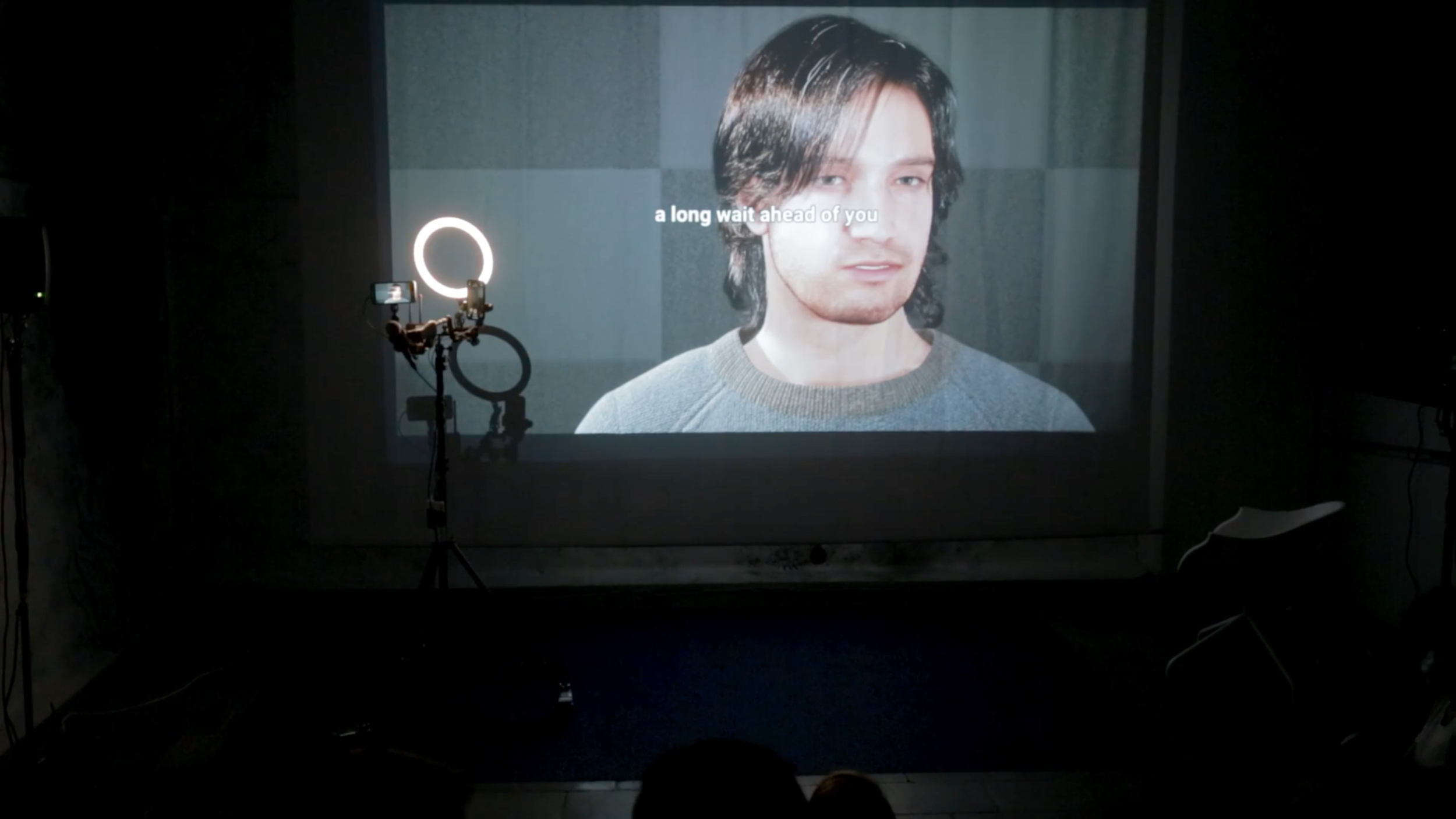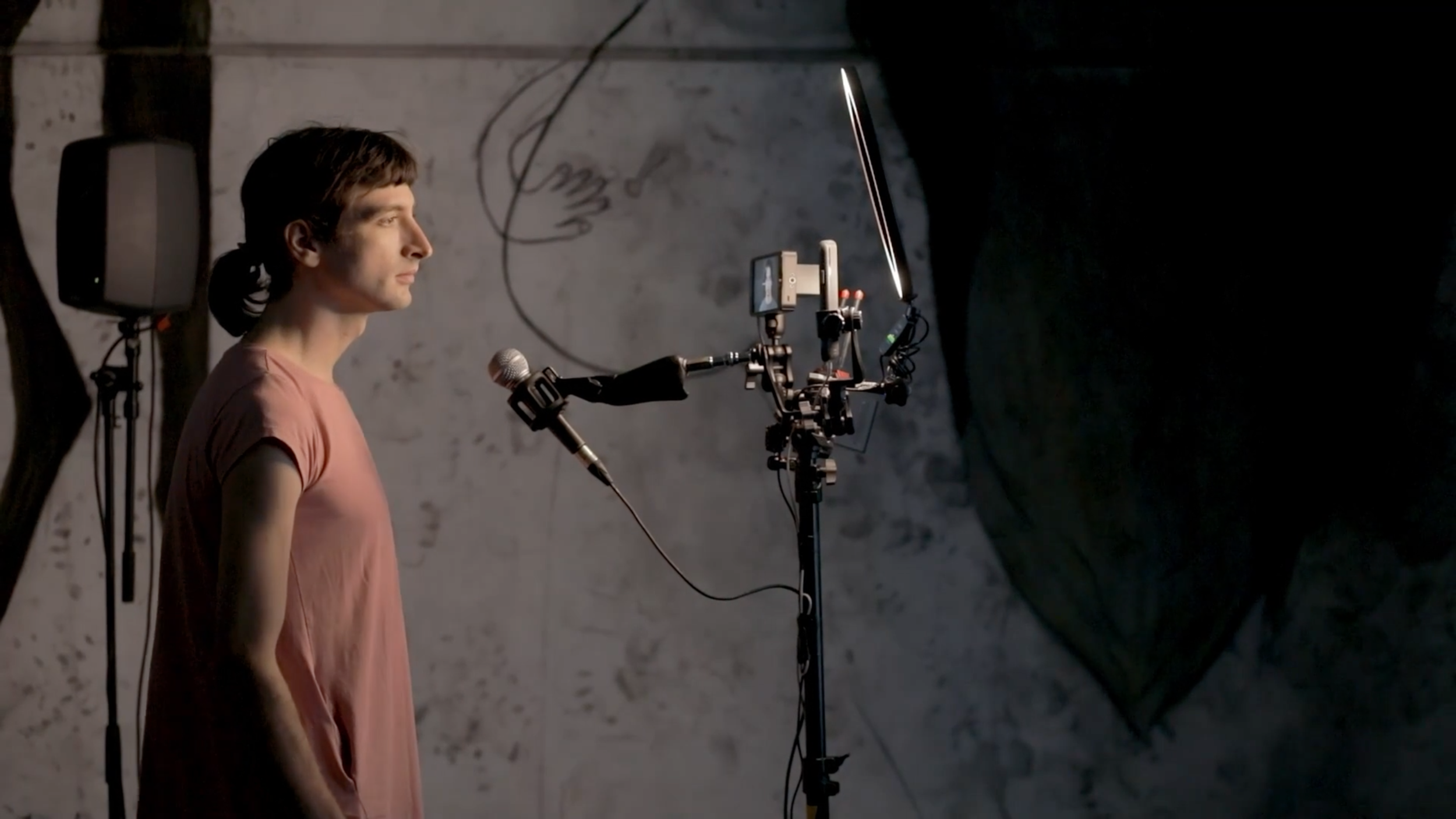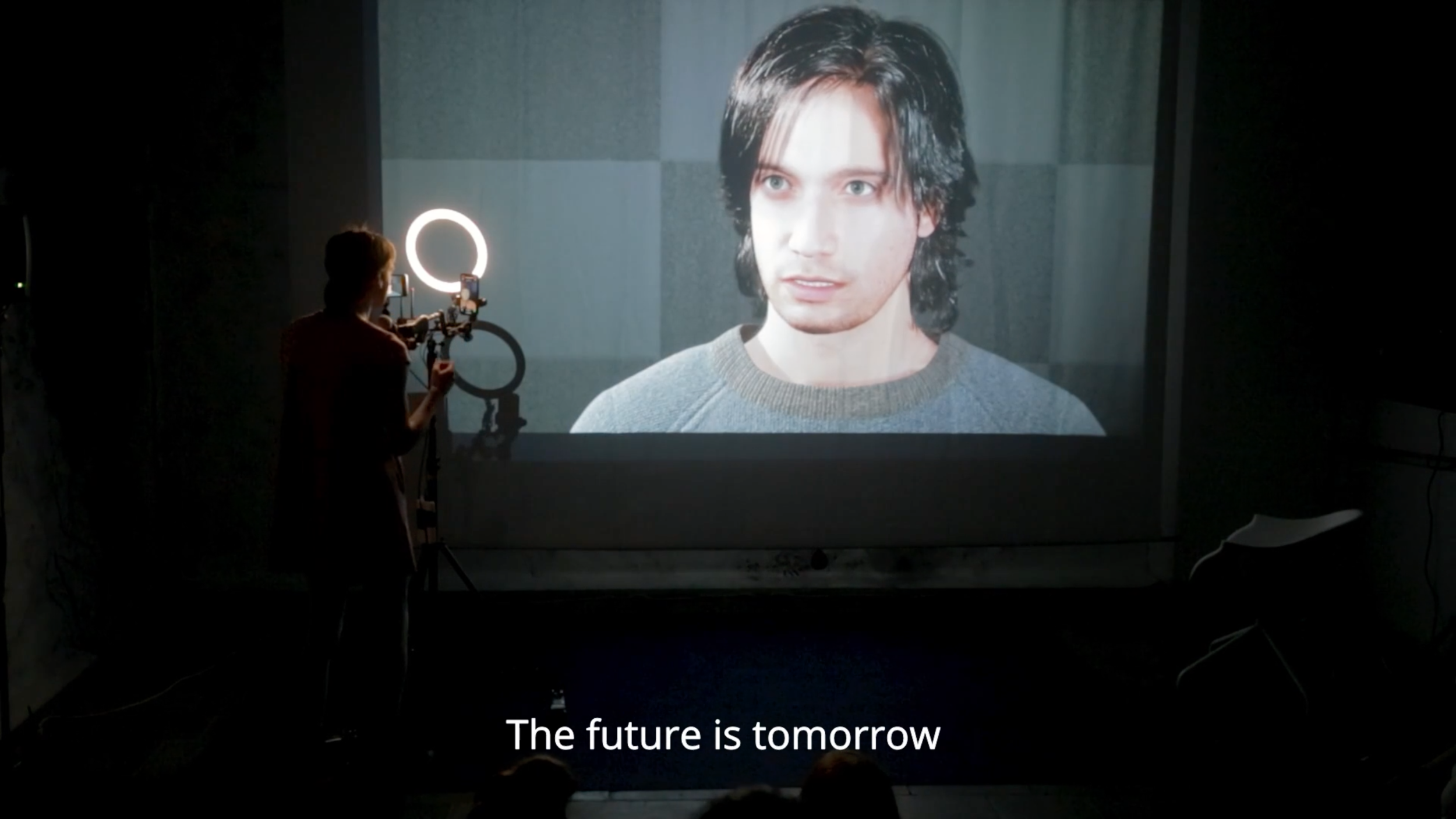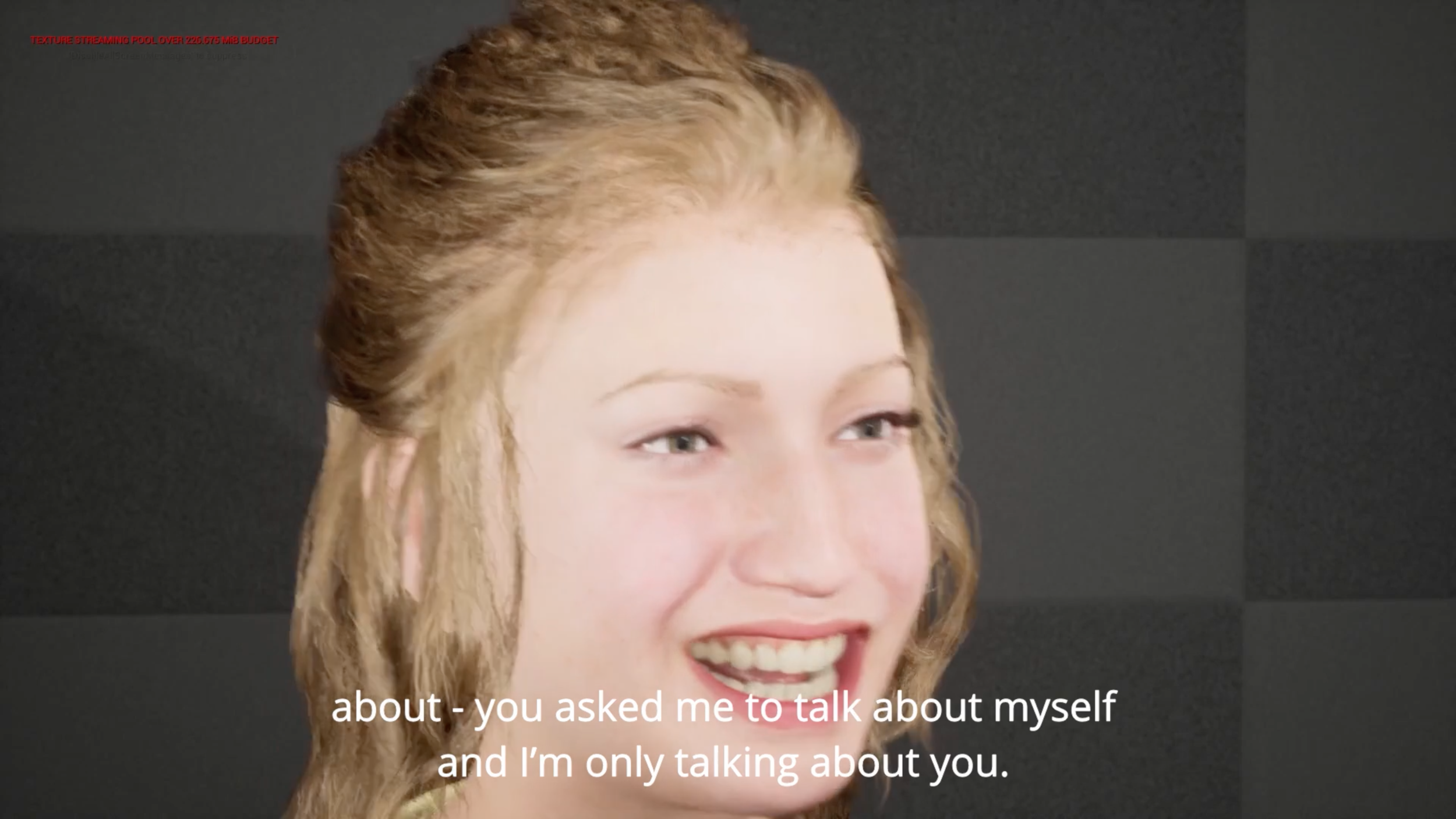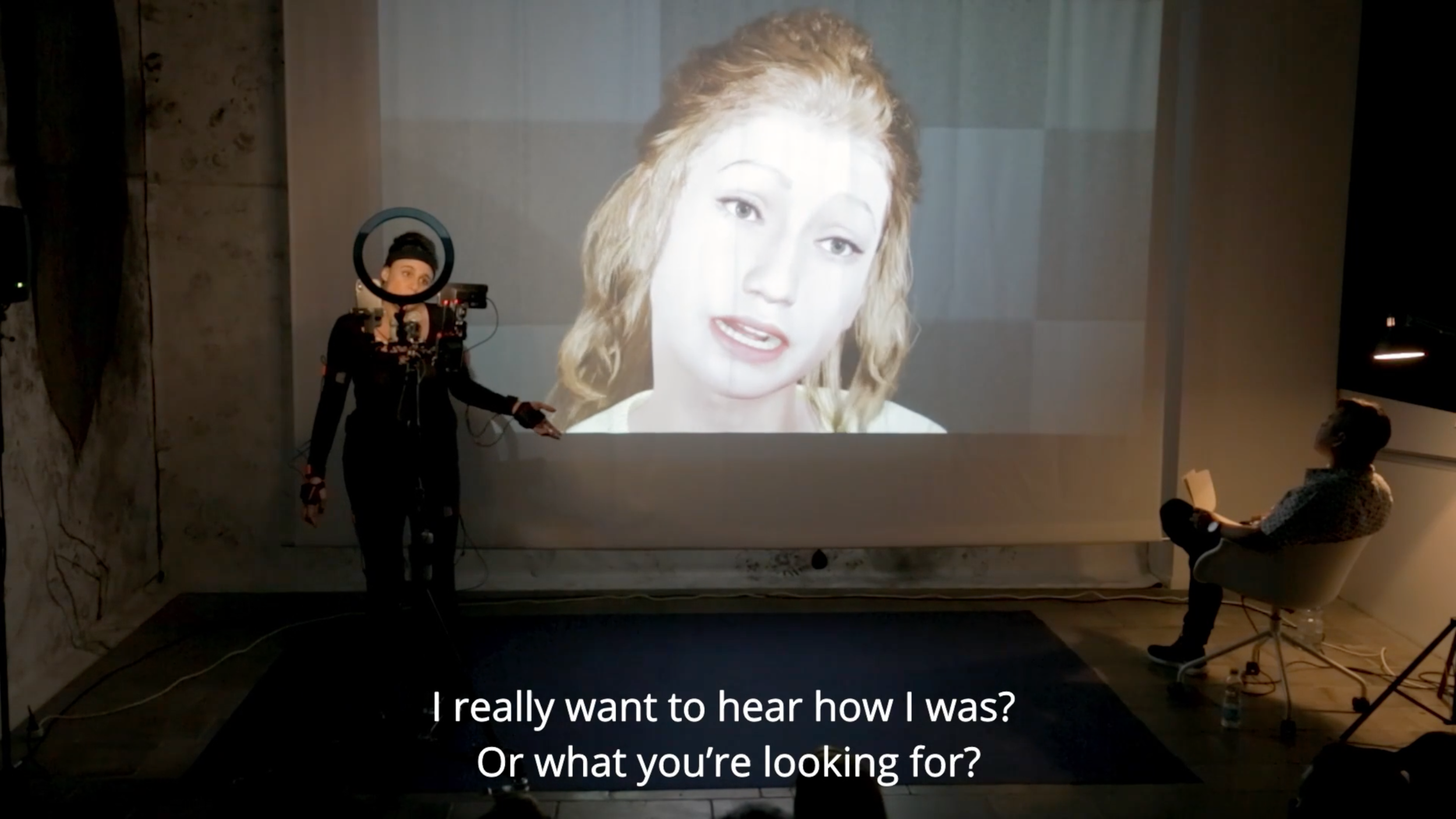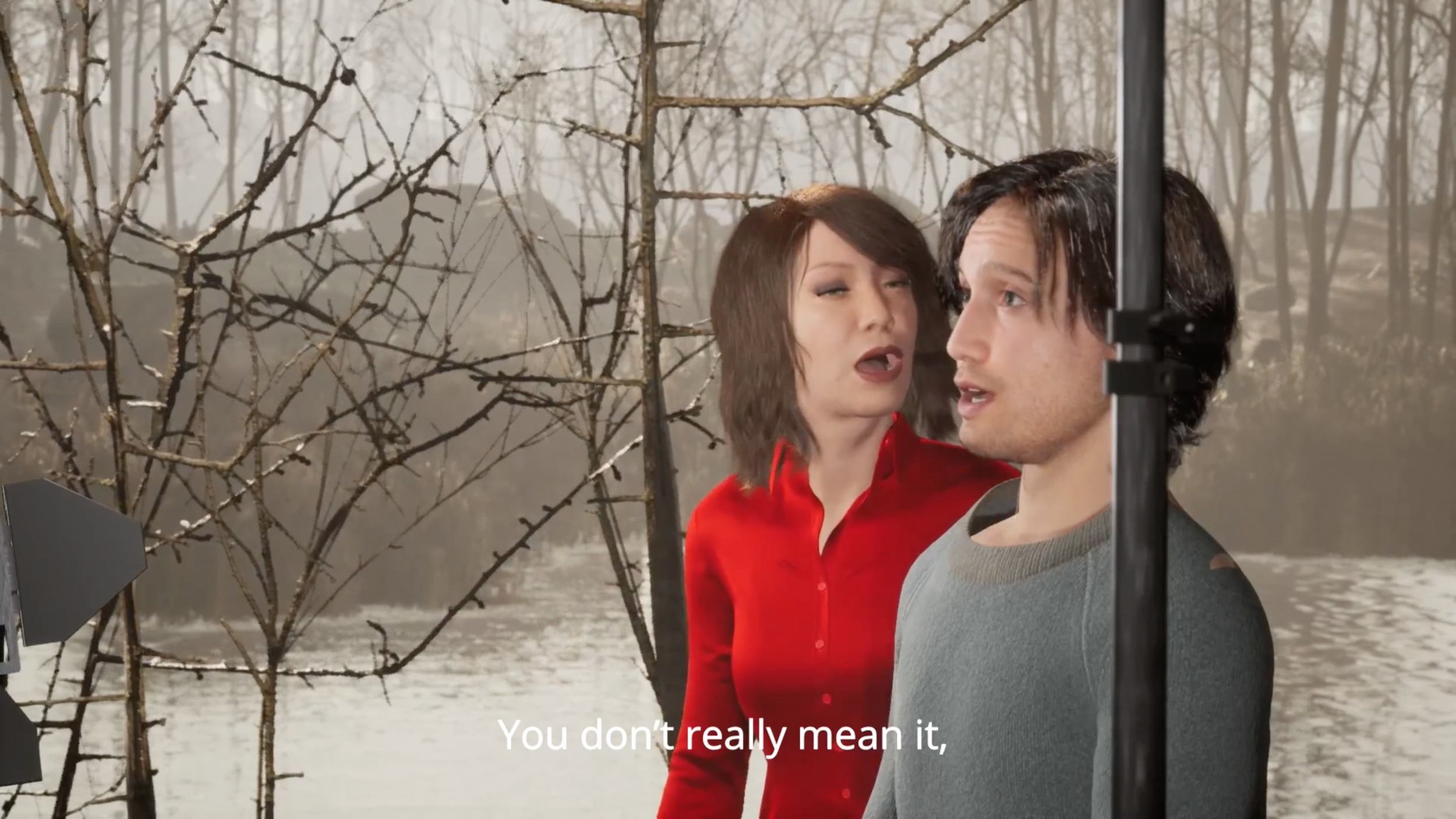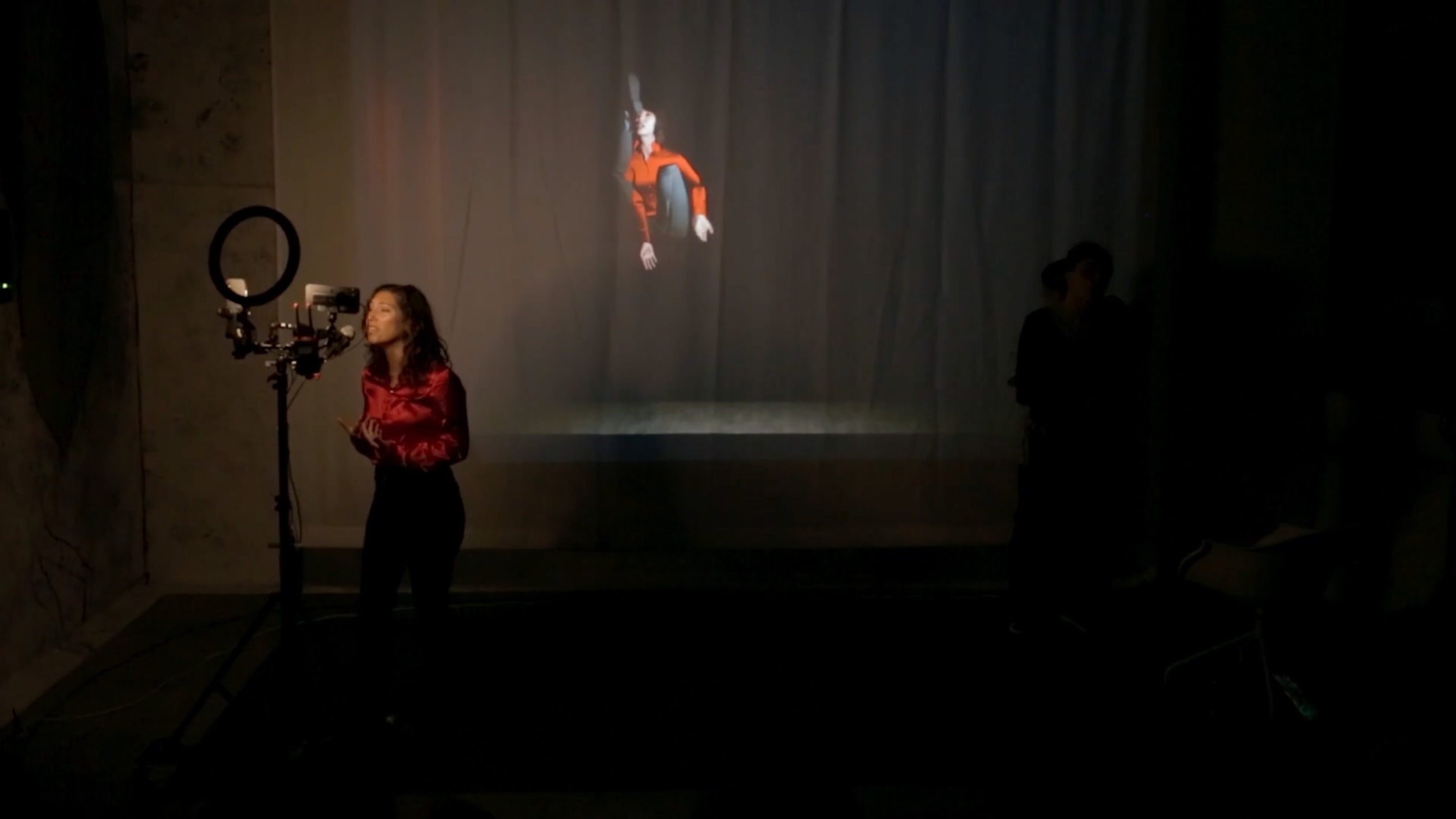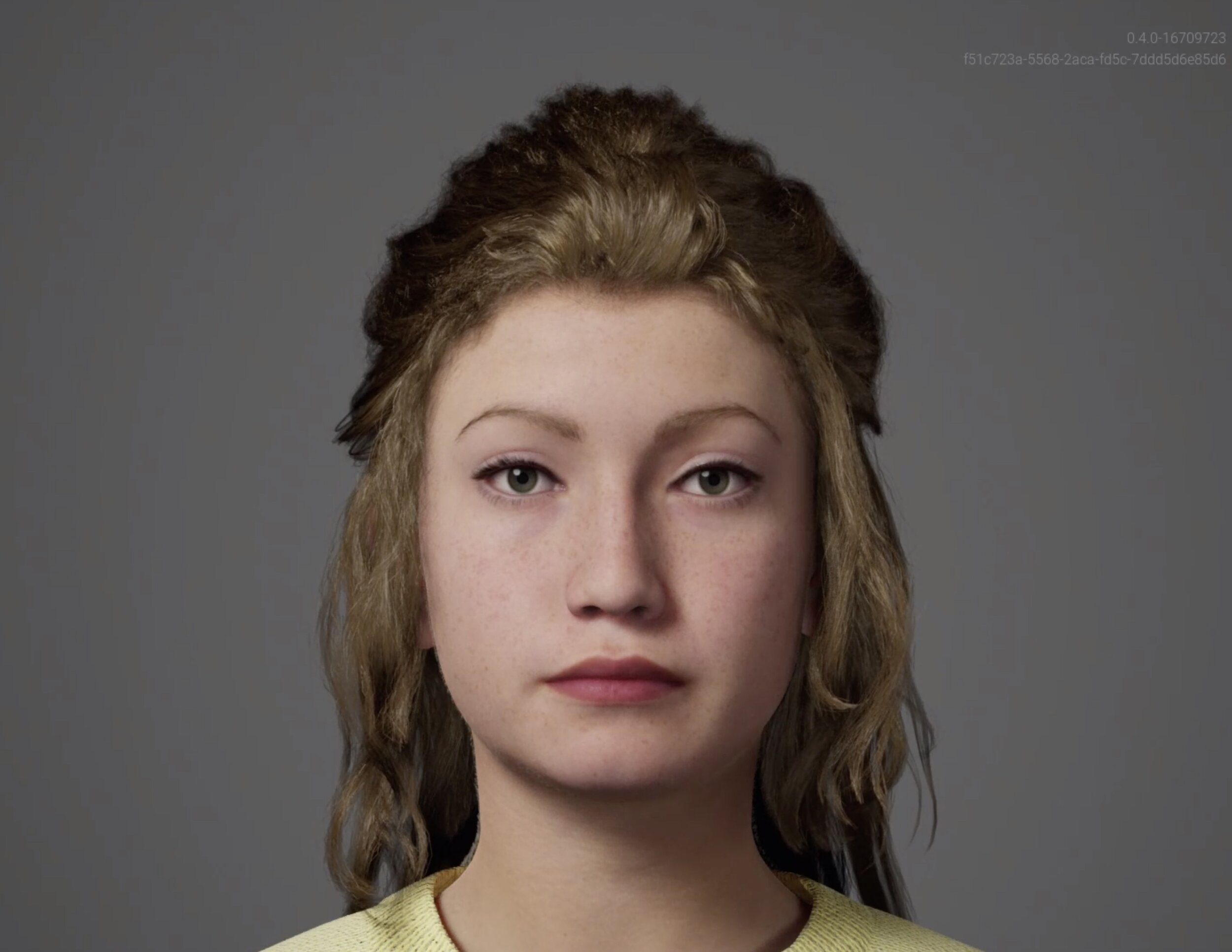Premiering at SXSW in Austin, Texas, Grand Theft Hamlet garnered acclaim from both critics and audiences alike. In this compelling segment from The Digital Room (2023), produced by Mark Ager, Sam Crane delves into the creation of this remarkable documentary.
In Grand Theft Hamlet (2024), filmmakers Sam Crane and Pinny Grylls chronicle an audacious project: the production of Shakespeare’s Hamlet within the virtual landscapes of Grand Theft Auto Online amid the isolation of the 2021 COVID-19 lockdowns. Crane, also known by his stage moniker Rustic Mascara and esteemed for his performances in London’s West End, embarks on an innovative journey into digital spaces, seeking new horizons for artistic expression. His pioneering venture was lauded with Critics’ Choice Award at the 2022 edition of the Milan Machinima Festival for his avant-garde short, We Are Such Stuff As Dreams Are Made On (2021), marking a significant milestone in fusing game technology with classical theater. This endeavor introduces a contemporary lens to the interpretation of Shakespearean works. Alongside Crane, Grylls, a renowned documentary filmmaker with a penchant for human-centered narratives, navigates the uncharted territories of a virtual milieu. Her extensive background in ethnographic video work is a testament to her versatility, illustrating the evolving demands on documentary filmmakers to adapt and innovate within digital landscapes, thereby expanding the scope of narrative storytelling.
This groundbreaking work not only pioneers new avenues of artistic expression but also sheds light on the profound social and cultural repercussions of the pandemic on the creative sectors, alongside the pivotal role of video games in nurturing social bonds. Prior to delving into the filmmakers’ inventive methodologies, the technical hurdles they faced, and the distinctive experiences of the directors, it’s crucial to underscore that Grand Theft Hamlet stands as a paragon within an emergent genre of documentaries. These documentaries leverage video games or virtual platforms as their central narrative canvas, treating digital worlds with the gravitas of real-world settings. This exploration delves into the rich social and creative potential of virtual realms, emphasizing how these platforms can be a crucible for connection, collaboration, and artistic expression. Examples of such game video essays include the award-winning Knit’s Island (shot in DayZ, 2023), We Met in VR Chat (shot in VR Chat, 2022), Total Refusal’s Hardly Working (shot in Red Dead Redemption 2, 2022), and others that we have previously discussed and/or presented either on VRAL or at the Milan Machinima Festival. Many of these documentaries intricately weave narratives around the impact of the COVID-19 pandemic, illustrating how virtual environments emerged as sanctuaries of community and purpose amid widespread isolation. The pandemic, while presenting unparalleled challenges, also sparked a surge in creative and intermedia experimentation, bridging the gap between traditional and digital art forms. This renaissance is vividly captured through the filmmakers’ journey, exploring new frontiers, navigating technical complexities, and bringing to light the unique perspectives of its creators.
Matteo Bittanti
Works Cited
Sam Crane, Pinny Grylls, Grand Theft Hamlet, documentary, 90’, 2024, United Kingdom. URL
Associate writer-director: Mark Oosterveen.
Production: A Project 1961, Grasp the Nettle Films production, in association with Park Pictures.
Producers: Julia Ton, Rebecca Wolff.
Executive producers: Sam Bisbee, Jackie Kellman Bisbee, Cody Ryder, Will Clarke, Andy Mayson, Mike Runagall, Sam Crane, Harlene Freezer, Eric Kuhn, Hannah Bush Bailey, Shanida Scotland.
Crew: Directors, writers: Sam Crane, Pinny Grylls.
Camera: Pinny Grylls. Editor: Pinny Grylls.
Music: Jamie Perera.
Sam Crane, We Are Such Stuff As Dreams Are Made On, 10’, 2021, United Kingdom. URL
This content is exclusive to Patreon subscribers. To gain full access, consider joining our vibrant community.

